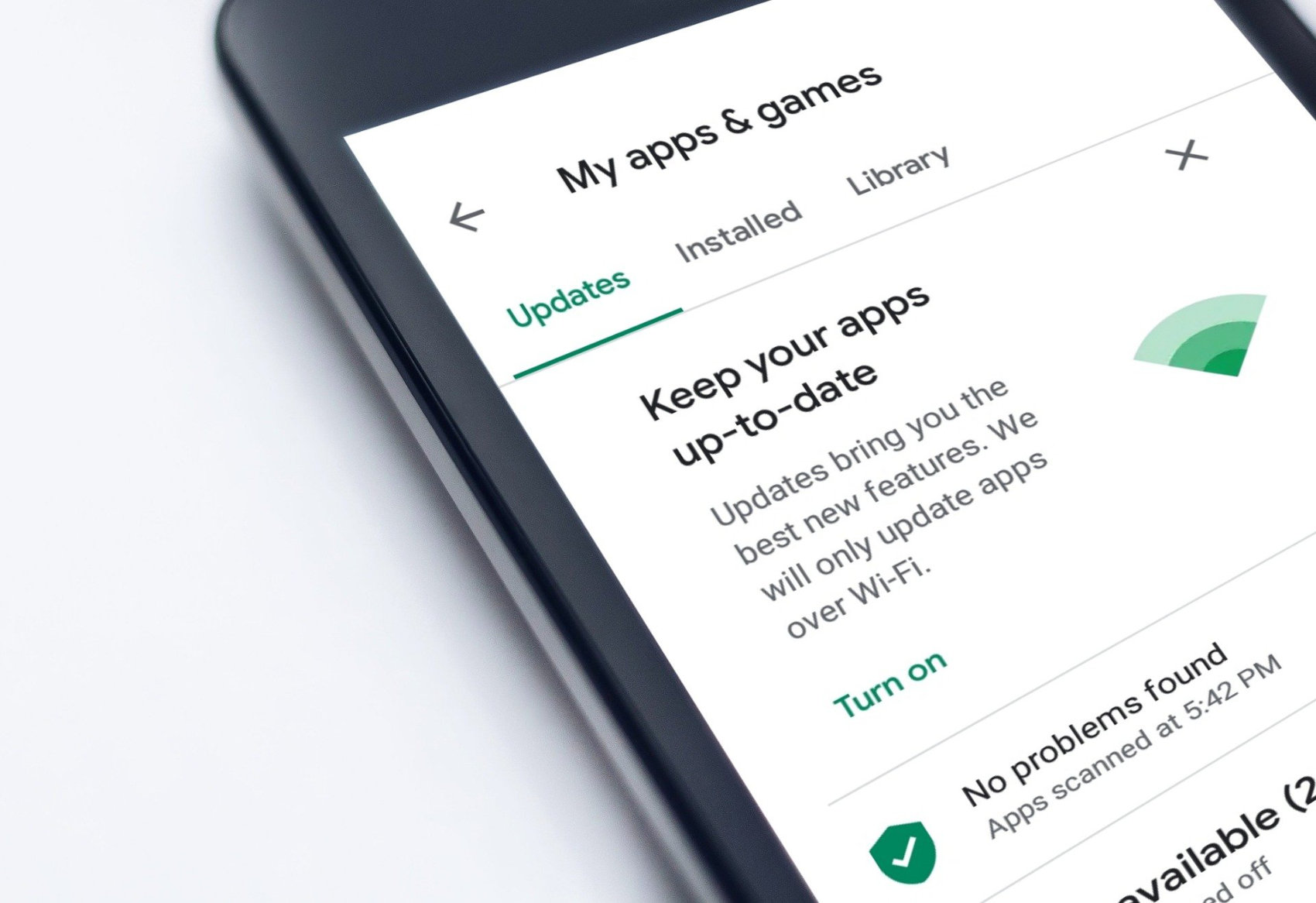Google is escalating its conflict with Roku, adding YouTube TV streaming to the standard YouTube app.
Roku pulled the YouTube TV streaming app at the end of April, following a dispute with Google over contract terms. Roku was not asking for any additional money, only asking that Google respect its data practices, not require more expensive hardware and not engage in anticompetitive behavior. When an agreement could not be reached, Roku pulled the YouTube TV app from its platform.
It appears Google is determined to go around Roku, rather than working with them, and has bundled the streaming service with the standard YouTube app. The company detailed its plans in a blog post.
Today, we’re introducing a new feature that gives you access to YouTube TV from within the YouTube app, making it easier to enjoy all the content you love. Existing members can easily access YouTube TV by clicking on “Go to YouTube TV” in the main YouTube app. This update will be available to all YouTube TV members on Roku over the next few days, and we will expand to as many devices as we can over time.
The company says it is continuing to negotiate with Roku, and that this measure is simply a way to ensure its customers continue to have access to its content. Similarly, Google says it is working to make sure Roku’s devices meet its technical specifications.
In the event no agreement is reached, it appears Google is working on a long-term solution.
We’re also in discussions with other partners to secure free streaming devices in case YouTube TV members face any access issues on Roku.



